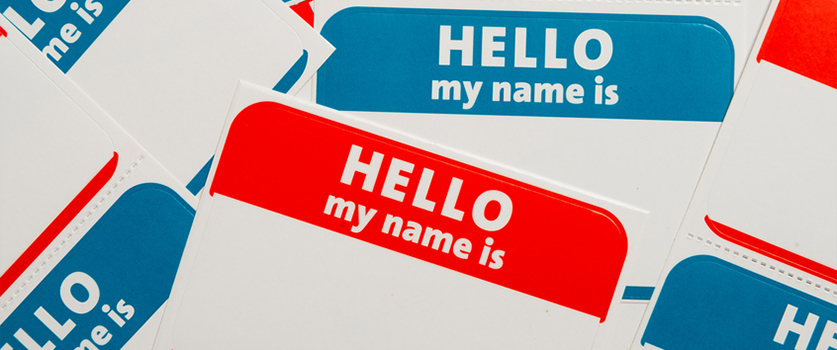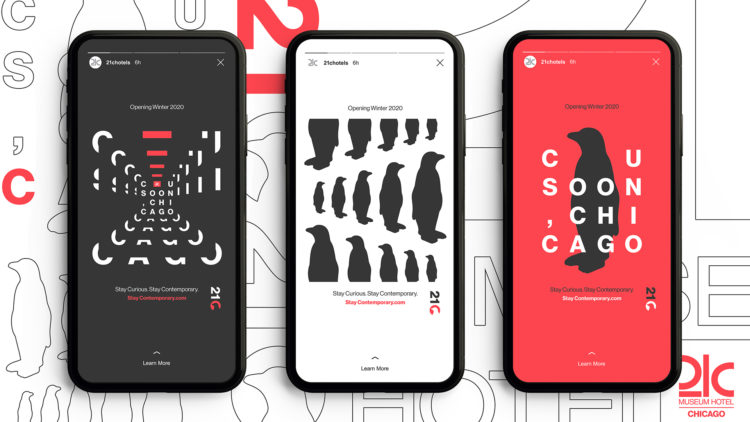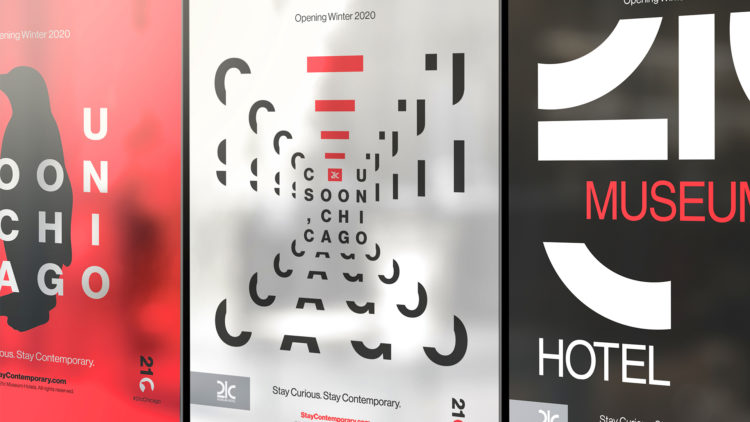It seems like everyone has a different process for naming a business. Some people like to simply abbreviate their product offerings to come up with unique company names. Others will research root words to find the perfect meanings that convey their company values. Or, if you’re Steve Jobs, you visit an apple farm for brand name inspiration.
In creating a new company or product, it can be easy to undervalue the importance of its name. But your name has a huge impact on how customers perceive your brand, especially since it’s the first thing you communicate to your audiences.
And in our digital world, it can be hard to find unique, searchable names with available domains and digital identities (think Twitter, Instagram, Snapchat, etc.).
While going the whole nine yards with a naming agency may not be the right choice for your company or product, here are a few considerations to keep in mind the next time when choosing a name:
Audience
If you Google it, you’ll find no shortage of articles on naming trends. There’s the mashup names like Instagram and Snapchat, made up names like Yahoo and Hulu, and names with dropped vowels like Tumblr and Flickr. Then there are those classic naming styles, with eponyms like Barnes & Noble and Forbes.
Thing is, naming styles only work when the trends resonate with your audience. If you’re selling an app for millenials, chances are the name Applebaum & Krakowski won’t work. Similarly, if you’re selling luxury clothing for the elderly, calling your store Freshr probably isn’t the best idea.
You should also pay special attention to the markets in which your company operates. If you plan on selling fresh fruit in Thailand, for example, you should probably make sure the name of your company doesn’t translate to “rotten” in Thai.
Remember, naming trends come and go. Ideally, you should pick a company name that you can stand behind for a long time.
Sound
Sound is a factor of naming that feels more like an art than a science, but in fact there’s science to back it up. According to linguistic research, the sound of words affect how we perceive their meanings. This is known as sound symbolism.
Words with front vowels, like the “ee” sound, are understood as smaller and closer while words with back vowels like “oo” and “ah” are seen as larger and farther away. For example, when asked to assign the fake words “mil” and “mal” to a small table and a larger table, the majority of test subjects named the smaller table “mil” and the larger table “mal,” implying that the inherent quality of the sounds directed their choices. Fricatives like f and s sounds indicate speed while stops like b and d seem slower. Swiffer, for example, sounds quick and easy because the brand name has the fricatives s and f to indicate speed and front vowel sounds to indicate that it’s light, and by extension, easy.
If you want people to say your company name a lot, it’s usually best to consider whether the name is easy to say and pleasant to hear. If your brand name is difficult or sounds distasteful, it might turn your customers off from using it in everyday speech. On the other hand, choosing a name that isn’t safe might work because it will stick in the minds of your audience—just make sure you’re willing to commit to that risk.
Searchability
Your brand name should easily translate to your web properties. Your company name should be unique enough that its .com domain is ownable (and affordable). Unfortunately, that might not be possible. New URL extensions (like .co and .io) help mitigate this issue by providing more options and ways to get the domain for your brand name.
While on the one hand you want a company name unique enough to be ownable, you also want to choose a name that’s easy to search. Brand names that call up other high-ranking search results are best to be avoided if you want to improve your search engine visibility. It’s also best to make sure your business’ name isn’t something that would be commonly misspelled, in case that also becomes a problem with search.
Story
Names are an asset when they can succinctly sum up a brand’s vision or story. They’re an opportunity to convey brand attributes to your customers immediately and conjure positive connotations in their minds.
That’s not to say that brand names must be overly literal. They can come from word associations to your brand values that evoke an emotional and memorable response. They can also be descriptive, striking a visual quality that can inform your logo and branding.
Nike, for example, took its name from the Greek goddess of victory. The brand attribute of victory is consistent throughout all of the company’s messaging. Lego’s name was derived from the Danish words “leg got,” which translates to “play well,” an appropriate brand name for a revolutionary toy company. And Skype evolved from “Sky Peer-to-Peer,” a name that informs its sky blue brand color and cloud-like logo.
The most important thing to remember while brainstorming your company name is this: good products cause sticky names. No matter how great your brand name is, it won’t compensate for a bad product. Similarly, you can end up with a questionable name, but your consumers will be willing to overlook it if your product is excellent.
If you’re looking for that magical company name that people will use as a verb and a noun (think: Google, Uber, etc.), first make sure you have the product to back it up. Your customers will follow.













